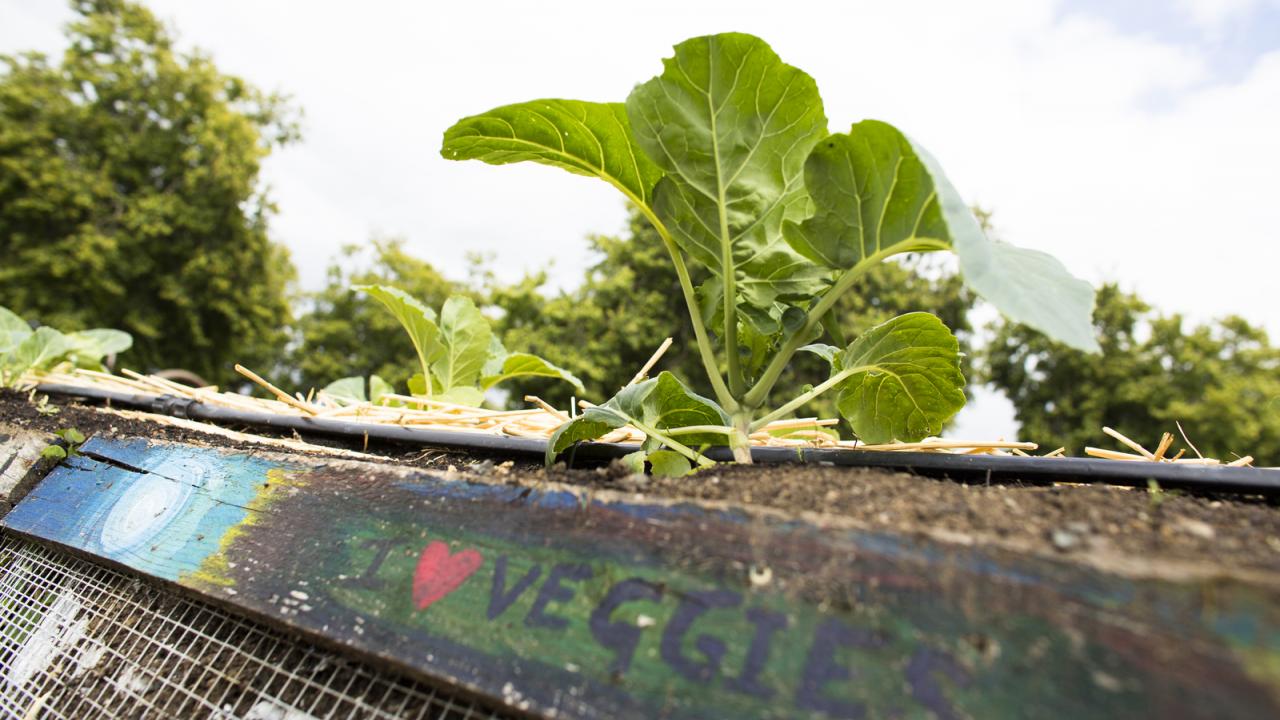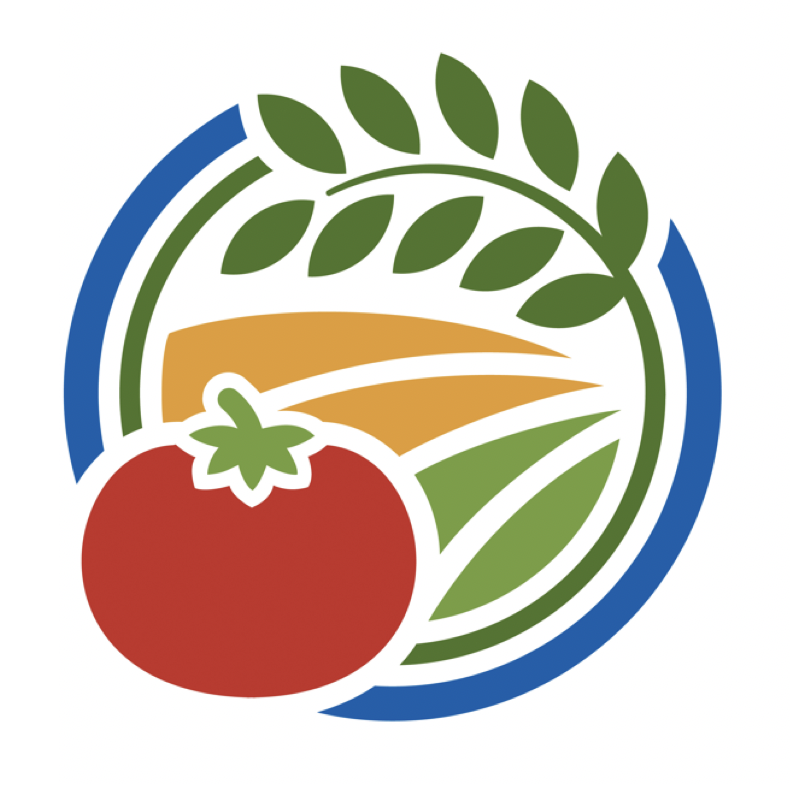
UC SAREP announces new sustainable agriculture & food systems awards
The University of California Sustainable Agriculture Research & Education Program — a statewide program of UC Agriculture and Natural Resources — announced the recipients of its 2021 Sustainable Agriculture and Food Systems Small Grants Program today (April 12, 2021).
The grants program, which was reinstated this year after a 10-year hiatus, supports pilot projects focusing on strengthening California’s sustainable agriculture and food systems. Together, 11 recipients are receiving $77,000 in funding to support their work.
"Many groups have innovative ideas on how to build a more profitable, environmentally sustainable and just food system in California, but they often need seed funding to get those ideas off the ground,” said Glenda Humiston, University of California vice president for agriculture and natural resources. “That's what UC ANR and UC SAREP are bringing to the table with these small grants: an opportunity to bring a creative idea to fruition."
The recipients of this year’s grants are:
- Agricultural and Land-Based Training Association, to pilot an agricultural plastics recycling program among primarily Spanish-speaking small-scale producers. (Project lead: Nathan Harkleroad)
- California State University, Fresno, to evaluate the effect of cover crops on water demands and weeds in table grape vineyards in the Eastern San Joaquin Valley. (Project lead: Anil Shrestha)
- Napa Farmers Market, to communicate the importance of locally and sustainably grown produce from farmers of diverse backgrounds through a bilingual educational campaign. (Project lead: Cara Wooledge)
- Red Bluff Joint Union High School District, to teach high school students environmentally regenerative agriculture and leadership skills through its School Garden to Cafeteria project. (Project lead: Marissa Stevens)
- San Diego Second Chance Program, to offer classes and workshops on sustainable agriculture for low- to middle-income youth with prior involvement in the juvenile justice system. (Project lead: Caelli Wright)
- Santa Rosa Junior College, to add hibiscus products and mutual-aid garden kits to a bilingual mobile herb clinic that offers culturally relevant holistic health programs to Latinx and Indigenous populations. (Project lead: Heidi Hermann)
- UC Agriculture and Natural Resources, to study the effects of livestock guardian dogs on wildlife species and the potential for conflict with recreationists. (Project lead: Carolyn Whitesell)
- UC Cooperative Extension in Fresno County, to develop an equipment share program for equipment needed to apply compost on small-scale, diversified vegetable farms operated by socially disadvantaged farmers in Fresno County. (Project lead: Ruth Dahlquist-Willard)
- UC Cooperative Extension in San Bernardino County, to provide interactive nutrition education classes, gardening lessons, and food safety and preservation demonstrations for ethnically diverse and limited-resource residents in San Bernardino County. (Project lead: Christine Davidson)
- UC Davis, to build a team of researchers and community groups to develop a research and extension program to support beginning and first-generation ranchers in building resilience to environmental, economic, and social shocks and stressors. (Project lead: Leslie Roche)
- UC Santa Cruz, to translate instructional videos on organic growing skills and practices into Spanish and to pilot a short course with Spanish-speaking trainees. (Project lead: Stacy Philpott)
“We’re excited to watch these projects unfold over the coming year,” said Gail Feenstra, director of UC SAREP.
“This grant program isn’t just important for supporting new ideas. It’s also an opportunity for the University of California to build stronger connections with producers and other food system stakeholders across California. Those connections are essential for making the research and education that comes out of the university benefit everyone.”
